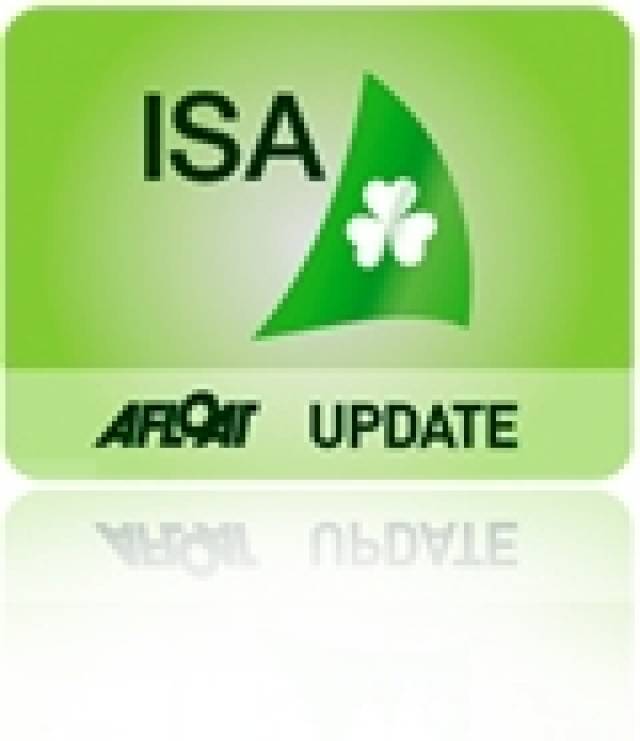#ISA - Wicklow's Norman Lee has "very positive" feelings for the new course plotted for Irish sailing in the ISA's new strategic plan.
But the dinghy sailor echoes Afloat blogger Magheramore's comments earlier today that lasting change in the sailing scene requires real commitment from our clubs and classes.
Speaking to Afloat.ie, Lee says that "unless boat owners and other people involved in sailing actively encourage and facilitate newcomers to participate, he reorganisation will not achieve much."
Yet while Magheramore believes sailing clubs can take charge of this by changing to a 'pay for play' model whereby members would sail a club-owned fleet, potentially opening access to sailing as a sport and pastime wider than ever, Lee sees it as "one of our problems" that "too many stand back and expect the ISA or the clubs to fix things."
He suggests that sailors themselves in general could be more welcoming to newcomers, taking them out on the water "to experience the things they need to experience to get hooked."
He adds: "Most claim they are too busy or their boat isn’t suitable or they would lose points, all these selfish Tiger excuses need to be dropped if members are serious about reversing the flow and growing the sport."
Lee is also outspoken about the need for changes in club junior training, such as reducing the number of modules to save on time and costs "when all most people want is the basics so that they can safely helm or crew".
He feels strongly "that one or two seasons learning the basics should be followed immediately by channelling into normal club racing/activities. The certificate chase should only be for a few who are keen to instruct and have shown reasonable sailing ability and genuine interest in the sport."
In terms of development, Lee believes it is "good to shift the focus onto regional development officers (RDOs) getting to know the grassroots, but the job is too big for two or even three.
"Four might be okay, but only if their range of duties and job spec is kept very tight and practical. At present it seems impossible."
Overall, however, Lee maintains that the "huge work" put in over the last two years in charting a new direction for Irish sailing has been an "uplifting experience and, if it continues in the way proposed, will turn Irish sailing around and be the prototype for similar change needed in other jurisdictions."































































